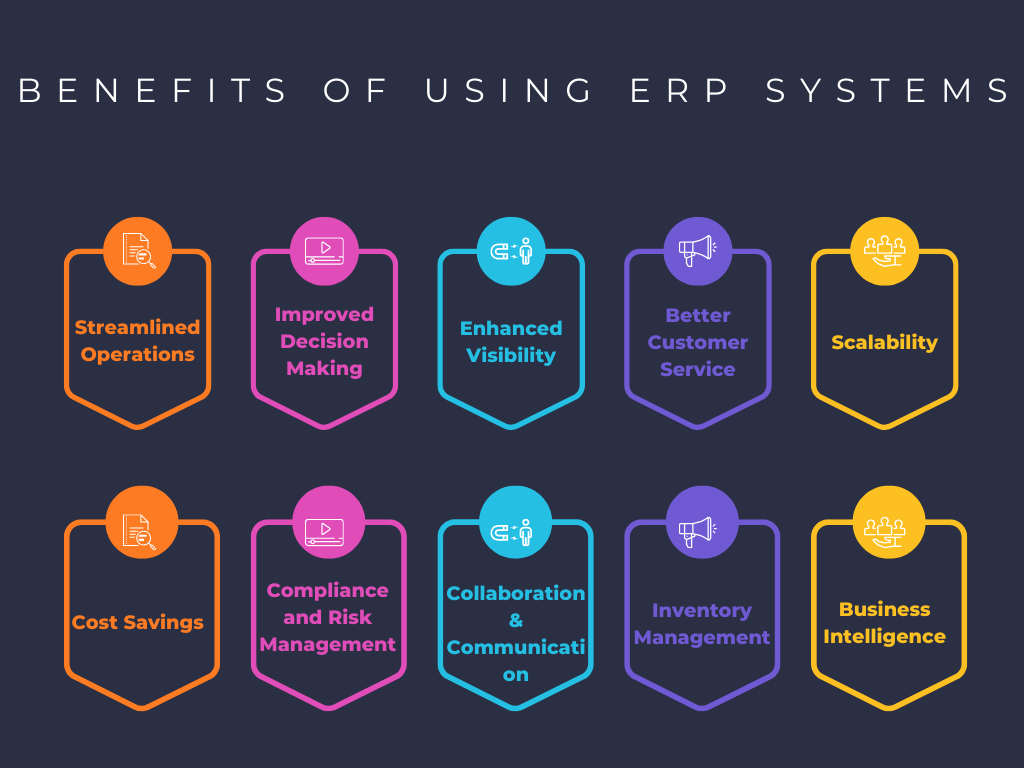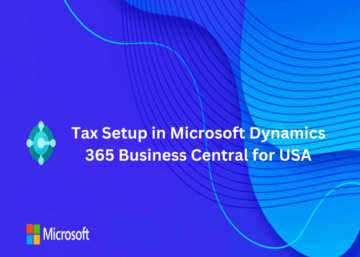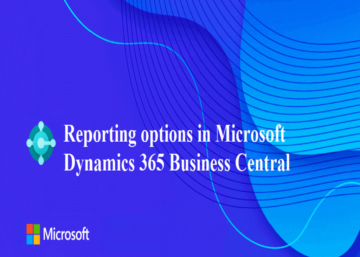Streamlined Operations: ERP systems integrate all the business processes and functions into a centralized platform, allowing for streamlined operations and improved efficiency. This integration eliminates the need for separate systems and manual data entry, reducing errors and saving time. This also results in saving cost of operations.
Improved Decision Making: ERP systems provide real-time access to accurate data and analytics, enabling better decision-making at all levels of the organization. Managers can easily track performance metrics, monitor inventory levels, and analyze financial data to make informed decisions quickly. Business decisions such as discontinuation of an item, investment in a department etc. can be taken on the basis on the data which in turn results in an organization’s growth.
Enhanced Visibility: ERP systems offer a comprehensive view of business operations, providing stakeholders with greater visibility into processes, transactions, and performance metrics. This visibility enables better control and management of resources, leading to improved productivity and profitability.
Better Customer Service: With access to comprehensive customer data and order information, ERP systems enable businesses to deliver better customer service. Sales representatives can access customer history and preferences, respond to inquiries quickly, and provide personalized service. Tracking of raised tickets can be easily done and actions to be taken can be known. This ensures timely resolution and better customer service.

Scalability: ERP systems are designed to support business growth and scalability. Whether a business expands its operations, adds new products or services, or enters new markets, an ERP system can easily adapt to accommodate changing needs and requirements. The scalability options are extended to any changes in Government taxes, policies, and change in Business processes or addition of a new department in the organization.
Cost Savings: While implementing an ERP system involves upfront costs, it can result in long-term cost savings. By streamlining processes, reducing manual tasks, and eliminating duplicate data entry, ERP systems help lower operational costs and improve overall efficiency.
Compliance and Risk Management: ERP systems often include built-in compliance features and security measures to help businesses adhere to industry regulations and mitigate risks. This includes features such as audit trails, access controls, and data encryption to ensure data integrity and protect against security threats. Some of the best available ERP systems from top companies like Microsoft, SAP, Oracle etc. are compliant with financial laws for all countries. These systems also offer localized functions specific to a country.
Collaboration and Communication: ERP systems facilitate collaboration and communication across departments and teams by providing a centralized platform for sharing information and documents. This improves coordination, fosters teamwork, and enhances productivity within the organization.
Inventory Management: ERP systems offer advanced inventory management capabilities, allowing businesses to optimize inventory levels, track stock movements in real-time, and minimize stock outs and overstock situations. This helps improve inventory turnover and reduce carrying costs.
Business Intelligence: ERP systems often include robust business intelligence and reporting tools that enable businesses to gain insights from their data. These tools allow for custom reporting, data visualization, and trend analysis, helping businesses identify opportunities for improvement and strategic decision-making.
Overall, ERP systems provide businesses with a powerful tool for streamlining operations, improving efficiency, and driving growth in an increasingly competitive business environment.


